Bad Rotors? How to Spot, Fix, and Keep Your Brakes Safe
If you ever hear a squeal, feel a vibration, or notice the brake pedal sinking, your rotors might be the culprit. Bad rotors don’t just make noise – they can ruin your stopping power and cost you more in repairs later. Let’s break down what a rotor does, the signs it’s going wrong, and what you can do right now.
What Makes a Rotor Go Bad?
A rotor is the metal disc the brake pads clamp onto to slow the car. Over time heat, dust, and wear create grooves, cracks, or uneven surfaces. Common reasons rotors fail include:
- Excessive heat from hard stops or aggressive driving.
- Heavy loads or towing that push the brakes harder.
- Corrosion from salty roads or moisture.
- Using low‑quality brake pads that wear unevenly.
When any of these happen, the rotor can warp, crack, or thin out, leading to the symptoms you’ll feel behind the wheel.
How to Tell If Your Rotors Are Bad
Here are the most common clues:
- Squeaking or grinding noise: A high‑pitched squeal usually means the pads are worn, but a grinding sound points to metal‑on‑metal contact – a clear sign the rotor surface is damaged.
- Vibration or pulsation: If the steering wheel or brake pedal shudders when you apply the brakes, the rotor is likely warped.
- Pedal feel: A soft or spongy brake pedal can mean the rotor is too thin or the brake fluid is leaking.
- Visual inspection: Look through the wheel spokes. Deep grooves, rust spots, or visible cracks mean the rotor needs attention.
Don’t ignore these signs. Driving with bad rotors reduces your stopping distance and can damage other brake components.
If you’re not comfortable checking yourself, bring the car to a trusted garage. At Northwich Tyres Centre we can inspect the rotors, measure thickness, and tell you whether resurfacing or replacement is the right choice.
Fixing Bad Rotors – Resurface or Replace?
When the rotor is still above the minimum thickness, a professional machine can turn it flat again. This process, called resurfacing, restores a smooth surface and saves money compared to a full replacement. However, if the rotor is cracked, severely warped, or below the minimum thickness, replacement is the only safe option.
Typical costs in the UK range from £80‑£150 per rotor for replacement, plus labor. Resurfacing is usually £30‑£50 per side. Ask your mechanic for a written quote so you know exactly what you’re paying for.
When you replace a rotor, it’s smart to replace the brake pads at the same time. New pads on a fresh rotor give the best bite and wear evenly.
Keeping Your Rotors in Good Shape
Simple habits can extend rotor life:
- Avoid riding the brakes – let the car slow down naturally on long descents.
- Use quality brake pads that match your driving style.
- Get a brake check at every MOT or at least once a year.
- Wash the wheels regularly to remove salt and grime that cause corrosion.
Regular maintenance catches rotor wear early, saves you money, and keeps you safe.
Ready to have your rotors checked? Swing by Northwich Tyres Centre or give us a call. Our team will test the brake system, show you what’s wrong, and recommend the best fix – whether that’s a cheap resurface or a brand‑new rotor set. Don’t let a bad rotor ruin your next drive.
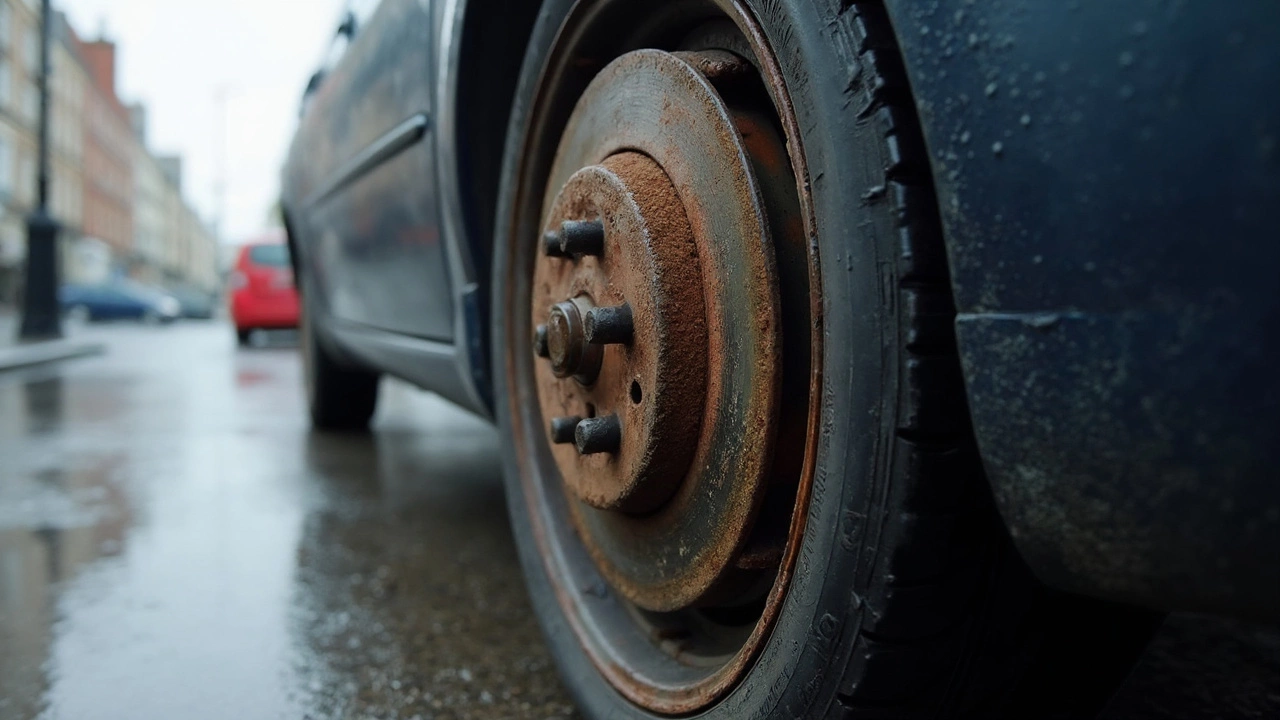 27 May 2025
27 May 2025
How to Tell If Rotors Are Bad: Easy Signs Your Brakes Need Help
Rotors are easy to ignore, but worn or damaged ones can make your car unsafe and cost you more in repairs. This article breaks down the most common signs your rotors are bad, what those symptoms actually mean, and how to check them yourself. You’ll get clear tips so you know when it’s time for new rotors or just a simple fix. Learn why paying attention to rotor health saves money—and maybe even an accident. Don’t wait until your brakes fail in traffic.
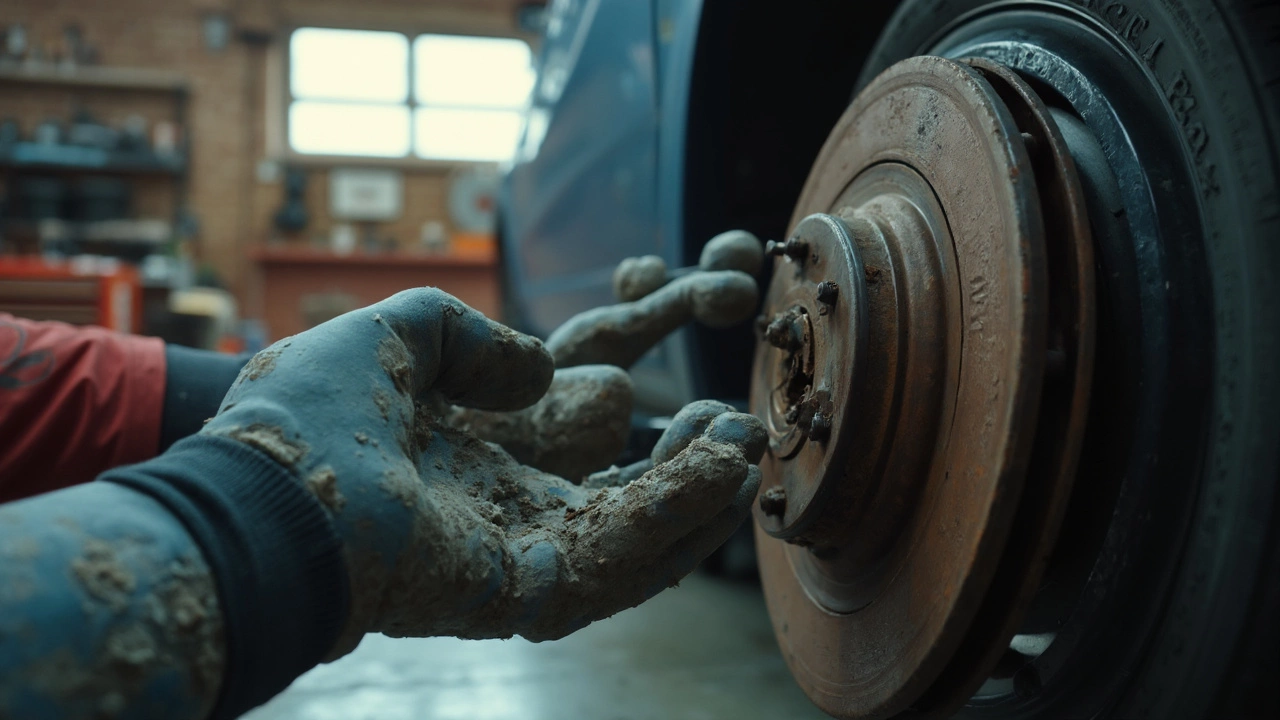 17 April 2025
17 April 2025
How Do I Know if My Rotors Are Bad? Signs You Can't Ignore
Ever wonder if your rotors are the reason your car’s braking feels off? This article breaks down what happens when rotors go bad and what signs you should watch for. Learn how to spot the difference between a minor brake problem and a rotor that needs attention. Get tips on what you can check yourself before heading to a mechanic. You'll come away knowing exactly how to tell if your rotors are the problem.
Latest Posts
Tags
- car maintenance
- engine oil
- spark plugs
- brake pads
- engine performance
- vehicle maintenance
- spark plug replacement
- windshield wipers
- fuel pump
- suspension parts
- clutch replacement
- oil change
- clutch kit
- car suspension
- car performance
- air filters
- car radiator
- exhaust systems
- fuel pump replacement
- engine misfire

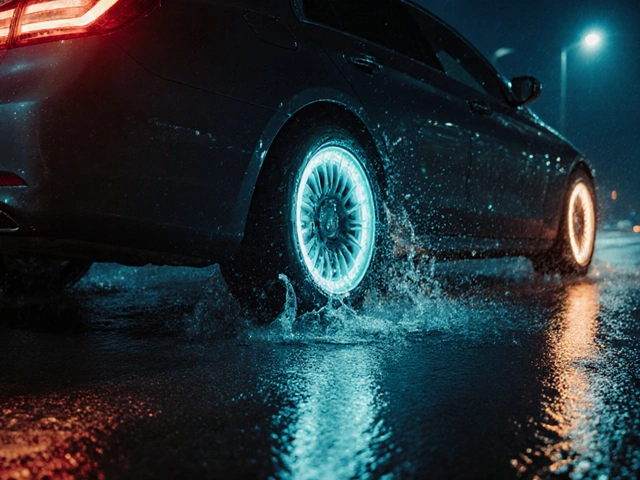
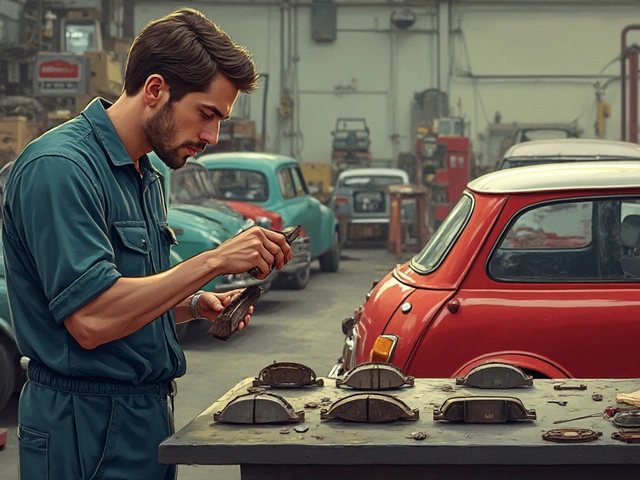
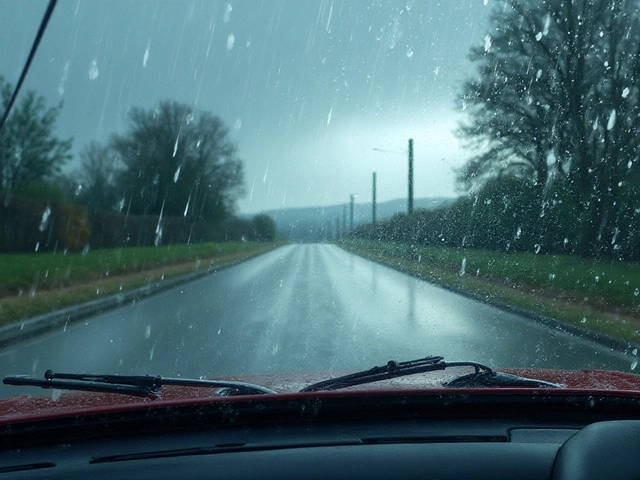
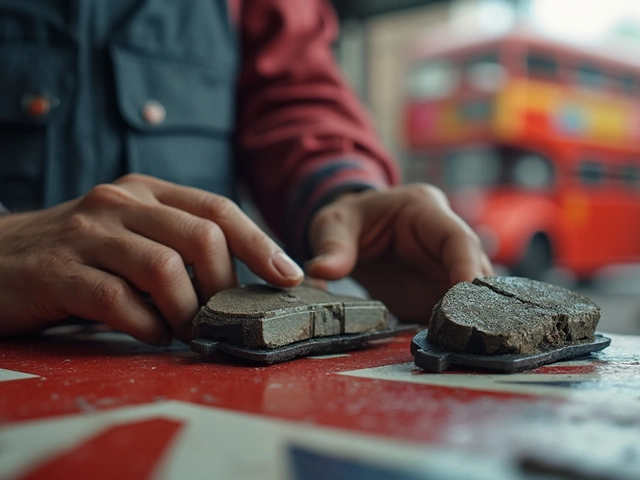

0